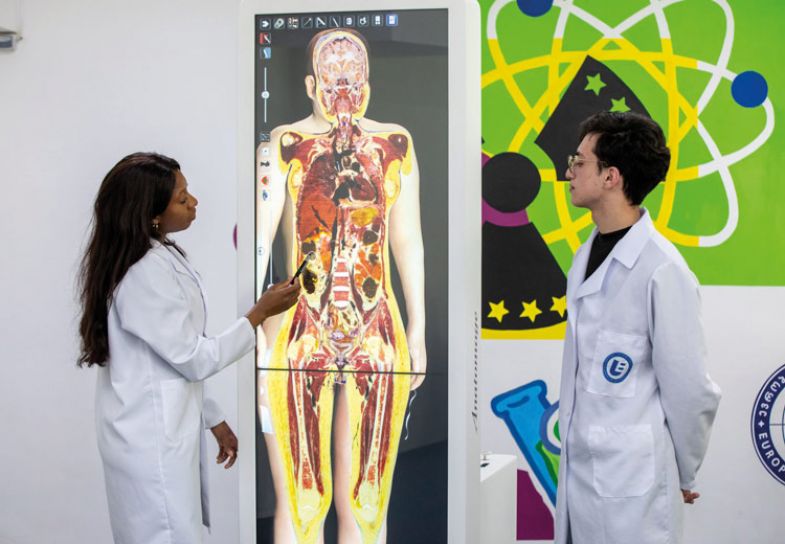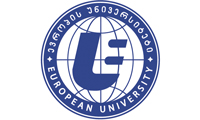
The Faculty of Medicine at the European University in Georgia is a young school, but it has overcome many challenges to become an internationally recognised centre of excellence
In 2014, when Lasha Kandelakishvili, then the rector of the European University in Georgia’s capital, Tbilisi, founded the university’s Faculty of Medicine it was difficult to predict what the future might bring. “There were many issues, from the challenge of establishing a European-style Faculty of Medicine to the competitive international market being sceptical about the education received in a small country like Georgia,” Kandelakishvili says.
Since then, Georgia has become a popular destination for international students to study medicine. “Our medical school has significantly contributed to the process of making Georgian medical education a valuable asset for many students in Asia and Africa, and the last two years in the UK and other English-speaking countries,” says Kandelakishvili, who is now the university’s president.
Apart from its new campus, the Faculty of Medicine took a significant step in 2022 when the European University acquired Jo Ann Medical Centre in Tbilisi. The hospital is a leader in many fields, including cardiac surgery. This has made clinical teaching more hands-on and diverse, as the students spend their clinical years gaining experience in the university hospital.
“Good infrastructure is critical in quality medical teaching,” Kandelakishvili says. “However, we understand that long-term success is impossible to achieve without investment in the development of human capital.” For that reason, the university is making an ongoing effort to train academic and administrative staff and support their professional development.
“When students arrive in Tbilisi, they understand that it is a historical city with a European lifestyle, safety, affordable living costs and many interesting places to visit. We encourage them to understand the local culture better, organise cultural tours and events, and pay special tribute to the traditions and festivals of international students. They feel that the medical school is their home,” Kandelakishvili says.
Since its establishment, the Faculty of Medicine has strived to gain greater international recognition. Today, its graduates can apply for postgraduate medical programmes in the European Union, the US, Canada, the UK, Australia, Türkiye, the post-Soviet states, India and many others.
Before the pandemic, medical school graduates would visit other partner university clinics for medical clerkship through the International Federation of Medical Students Associations. Now, there are plans to send students to partner university hospitals in Europe. “We understand that apart from the clinical experience our students get in our Jo Ann hospital and many other affiliate Georgian hospitals, clinical experience outside Georgia brings a more international dimension and value to their learning, which makes them more independent medical professionals,” Kandelakishvili says.
Kandelakishvili believes it is vital for the European University to focus on maintaining its relationship with graduates. “We see this as a continuous process where the university and graduates share their expertise and support each other.”
Find out more about the Faculty of Medicine at the European University.

